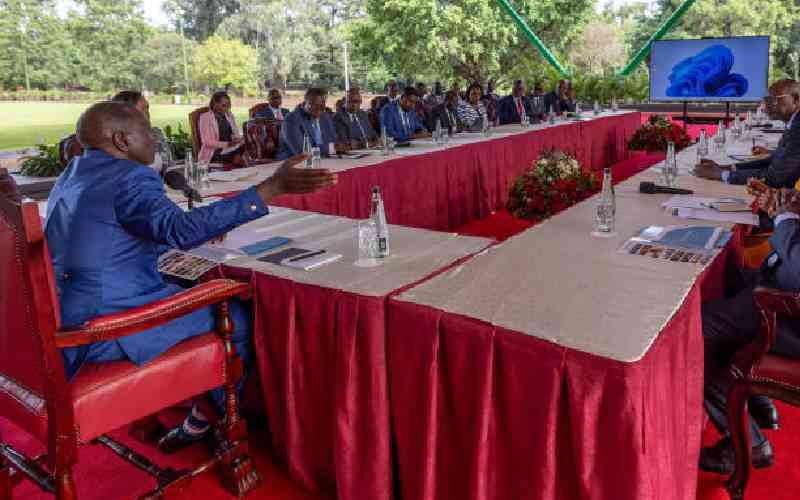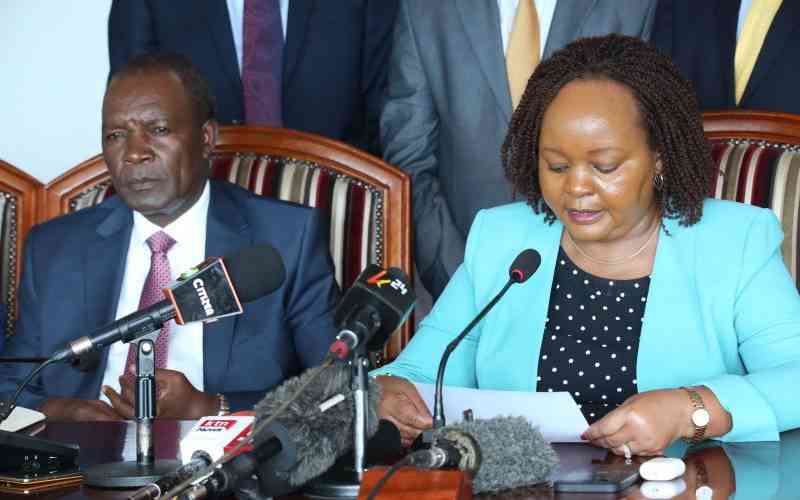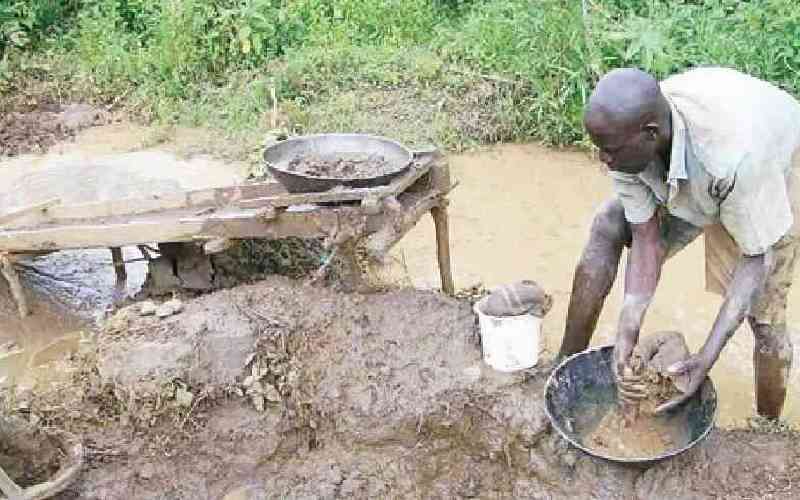Turkana County (71,600 square kilometres) is five times the size of Central Region (11,450 square kilometres). Central Region has a population of 5.5 million, Turkana has 0.93 million.
This reality presents several problems in the quest to provide schools, roads, water, hospitals, and other public goods and services to the county’s residents. Because of the low population density and vast distances involved, it simply costs more to get anything done. The county has undergone decades of neglect by the national government, and you begin to understand why, on balance, Turkana and similarly large “peripheral” counties ought to be getting more per capita budget allocations than smaller counties that comprise our historical political “core”.
With that in mind, let us examine the ongoing crusade for “one-man-one-shilling-one-vote” by a section of politicians. It is misguided for a number of reasons – including its misconception of democracy, an ahistorical understanding of the causes of regional economic inequality, and a failure to appreciate one of the core reasons for devolution.
True democracy ought to be founded on sound institutional mechanisms guaranteeing equality before the law and promoting a socio-economic system that grants all citizens – regardless of the accident of birth – a shot at living a well-ordered and fulfilling life.
For this reason, democratic institutions always seek to protect the rights of minority groups against the tyranny of the powerful majority. You do not have a democracy if any majority can simply vote away the political and economic rights of a minority group. And when certain groups or regions feel permanently locked out of power, with a majority that actively wants to strip them of their rights, why should they continue to be invested in such a system?
While one-man-one-shilling-one-vote may sound like a good thing, deep down it is fundamentally about unchecked “tyranny of numbers.” And for that reason, it poses mortal danger to our already shaky democratic system.
Looking at the patterns of life outcomes across Kenya, any reasonable person would quickly note stark regional disparities. Life expectancies in much of Nyanza is several years lower than in parts of Central. Education attainment in Nairobi County far surpasses that of counties in North Eastern and Coast regions.
How did we get here? Because of decades of neglect of some regions by the national government. Crass ethnic favouritism, reflected in policies such as the infamous Sessional Paper No. 10 of 1965 – which argued for the allocation of resources in highly productive areas (which magically only happened to be the regions from whence those in power came) – permanently locked out residents of peripheral areas from opportunity. We cannot keep our heads in the sand about this fact. Past investment made certain regions more productive than others. And following these past discriminatory investment practices will only exacerbate the problem of regional (and ethnic) inequality. For Kenya to cohere as one political community, all regions must get a stake in our national prosperity.
Devolution was to remedy these past sins. Yet devolution only allocates a paltry Sh316 billion to counties, out of total public spending amounting to over Sh2 trillion.
Notably, the trillions left to the national government have continually been disproportionately allocated to the previously-favored regions. If we are serious about one-man-one-shilling-one-vote, the national government budget must also be on the table. Parliament must pass a law requiring the Treasury to break down national government expenditures by each county and constituency each year.
- The writer is a professor at Georgetown University
 The Standard Group Plc is a
multi-media organization with investments in media platforms spanning newspaper
print operations, television, radio broadcasting, digital and online services. The
Standard Group is recognized as a leading multi-media house in Kenya with a key
influence in matters of national and international interest.
The Standard Group Plc is a
multi-media organization with investments in media platforms spanning newspaper
print operations, television, radio broadcasting, digital and online services. The
Standard Group is recognized as a leading multi-media house in Kenya with a key
influence in matters of national and international interest.
 The Standard Group Plc is a
multi-media organization with investments in media platforms spanning newspaper
print operations, television, radio broadcasting, digital and online services. The
Standard Group is recognized as a leading multi-media house in Kenya with a key
influence in matters of national and international interest.
The Standard Group Plc is a
multi-media organization with investments in media platforms spanning newspaper
print operations, television, radio broadcasting, digital and online services. The
Standard Group is recognized as a leading multi-media house in Kenya with a key
influence in matters of national and international interest.








